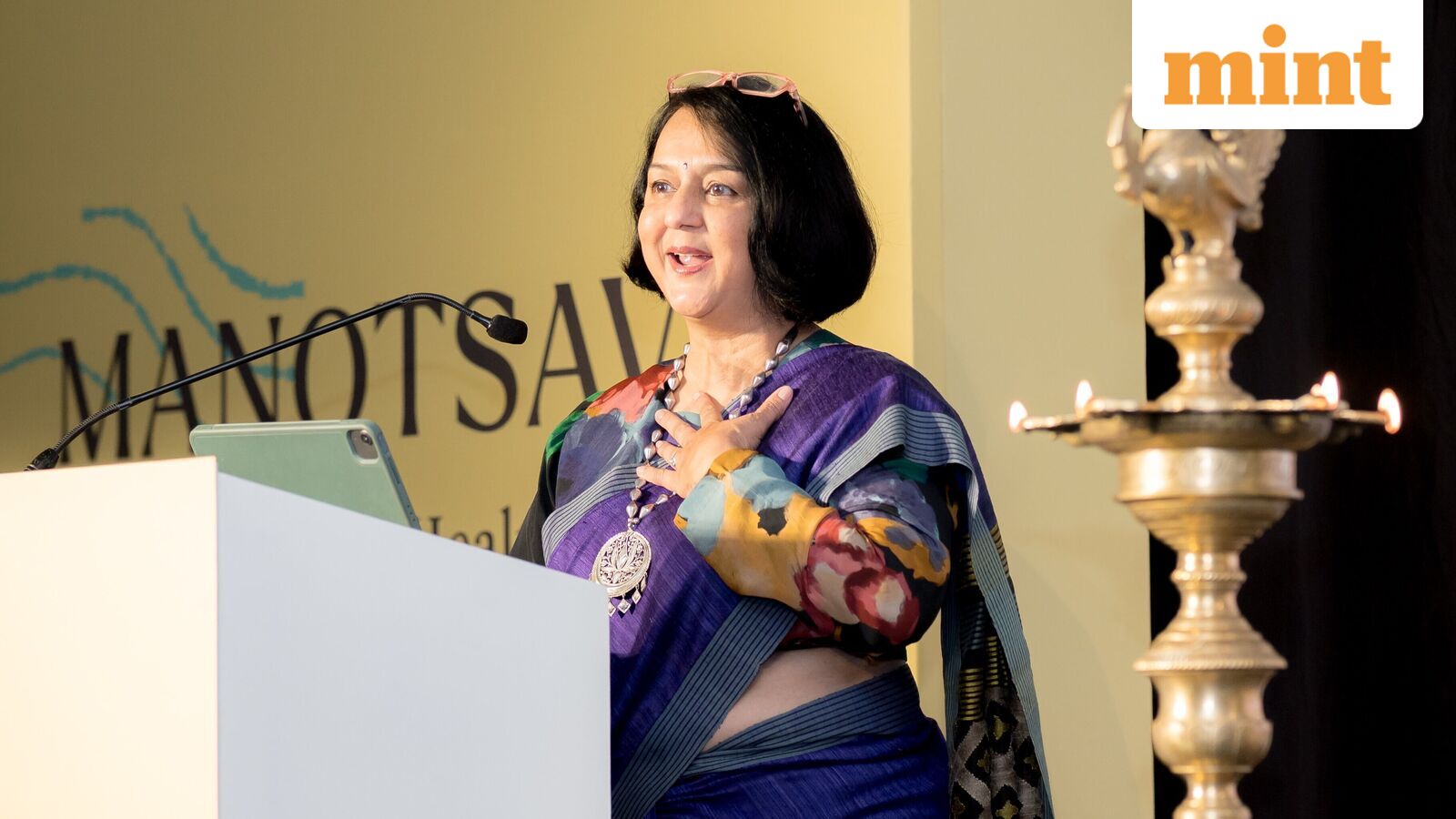In India, the shift from sweltering heat to sweater weather signals not just winter, but the arrival of the country’s music festival season. Every weekend sees a new gig, a trend that spills well into the new year. While music festivals have long been part of the cultural calendar, another format has been quietly gaining ground in recent times — wellness festivals.
Given how deeply the idea of “wellness” has permeated our daily lives, influencing how we sleep, eat and socialise, it was only a matter of time before festivals began celebrating it. One of the most notable names in this space is Manotsava, a national mental health festival in Bengaluru. Co-hosted by Rohini Nilekani Philanthropies (RNP), the National Institute of Mental Health and Neuro Sciences (NIMHANS) and the National Centre for Biological Sciences (NCBS), the festival aims to spotlight the many dimensions of mental wellbeing.
“When we sat down to zero in on a name for the festival two years back, we were clear that we wanted to celebrate mental health and well-being,” says Rohini Nilekani, chairperson of RNP. “It wasn’t only about looking at the disease-side of mental health but also the ‘ease’ side, which is why we decided to call it ‘Manotsava’ — a festival of the mind.” The idea, she adds, was to give a positive language to a subject that is gaining attention but still carries considerable stigma in India.
According to Dr Pratima Murthy, director of NIMHANS, themed wellness festivals are an effective way to educate audiences and spark open conversations. “The spirit of doing an event of this scale is that it looks at an entire spectrum of people and tells them they shouldn’t hesitate to get help when they need it. It helps remove the stigma attached to mental health,” she says. Many misconceptions also get addressed in the process, including the belief that one must be in control of their mind at all times. “No, you don’t,” she adds. Nilekani agrees. “The goal is to show people that we are all on a spectrum. While some may have it worse and some may have it better, we are all in this together.”
As a career scientist, Murthy believes such festivals can also help build a more accessible language around scientific knowledge. “Scientists tend to talk in ways that only their own community understands. To be able to convert what we understand in science into something people can grasp, participate in and benefit from — that’s something wellness festivals can nurture.”

